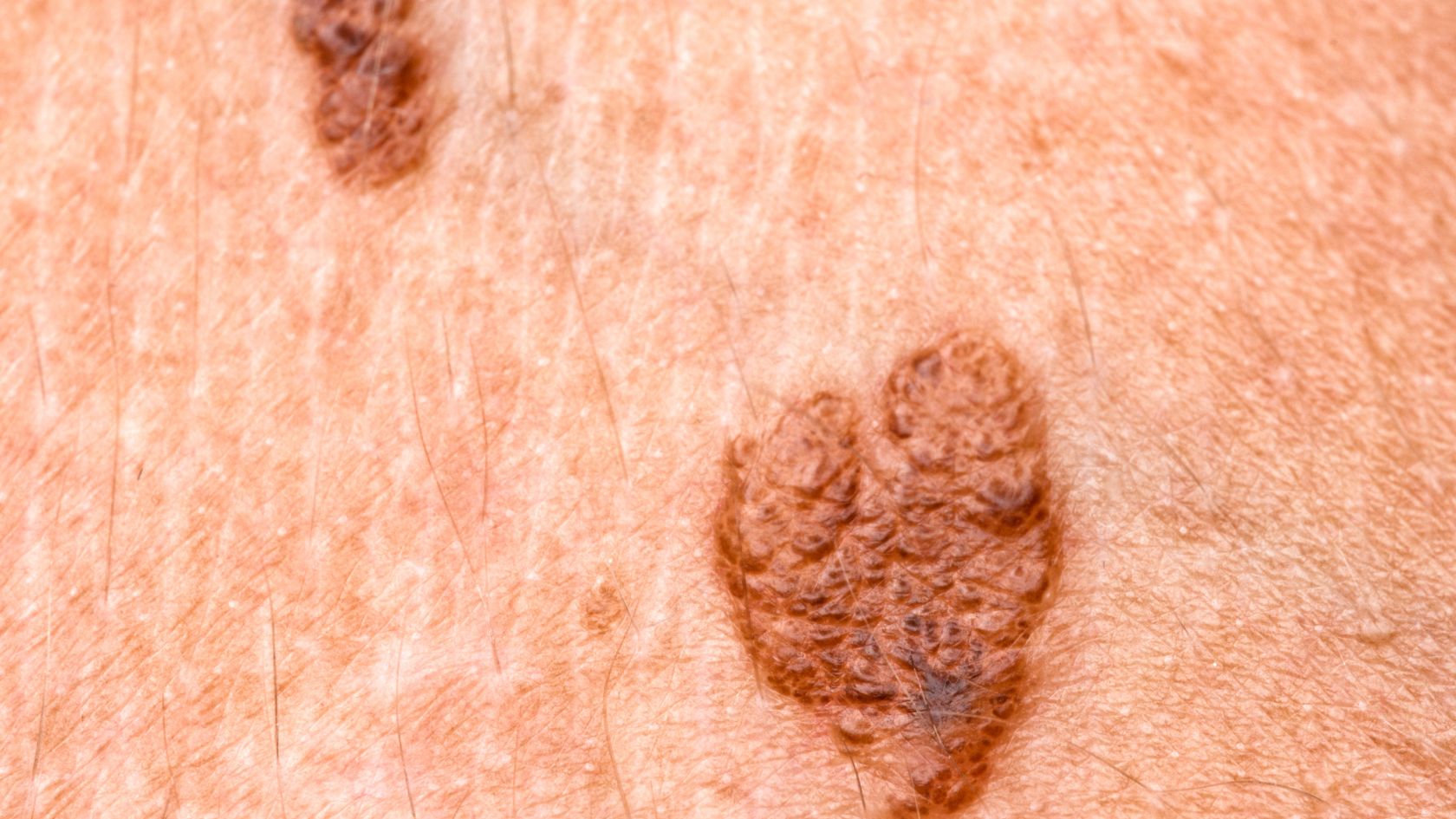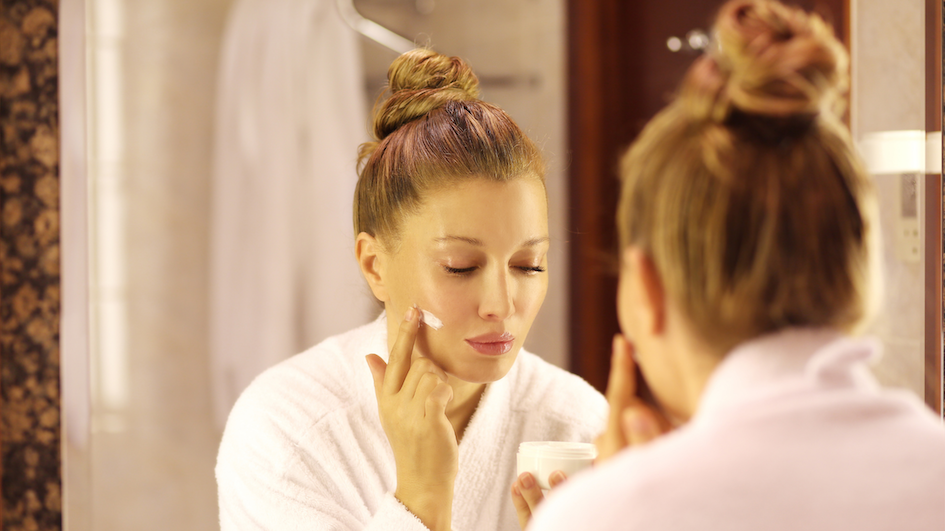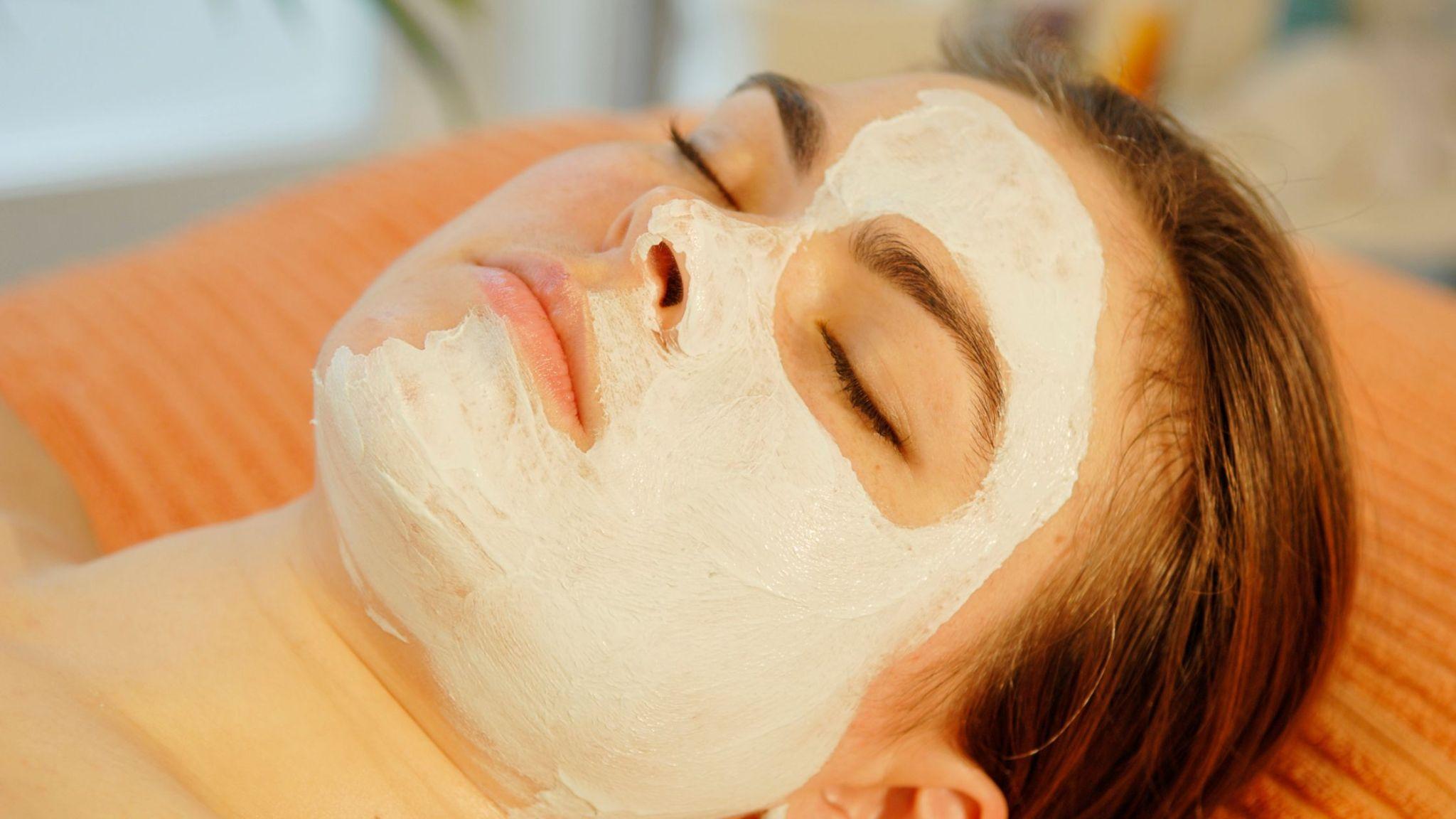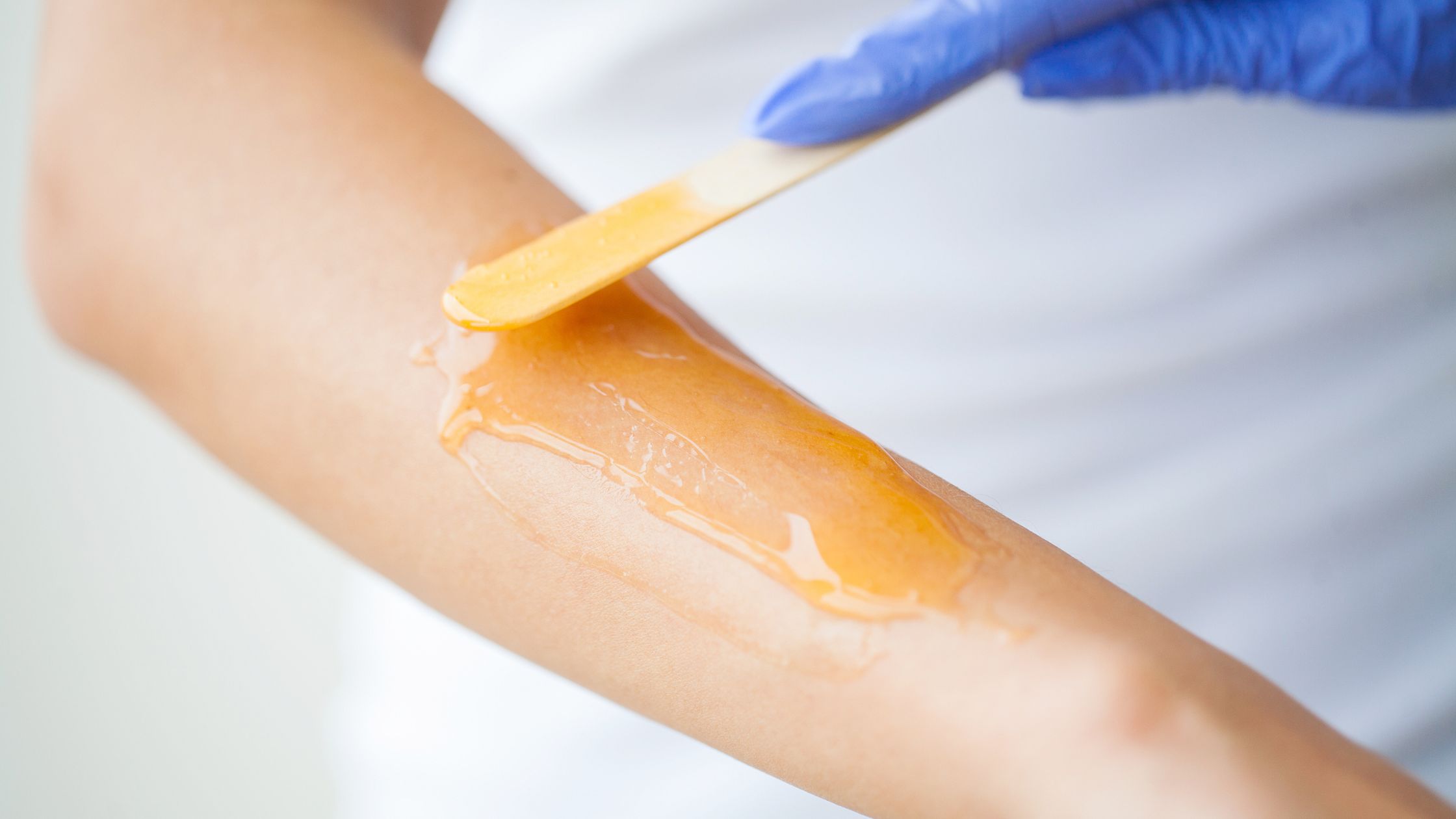Impact of Chlorine on Skin
Chlorine is used in swimming pools to disinfect bacteria and germs. Chlorine not only does that, but it also strips away essential oils when it comes in contact with your skin. Let us understand how.
Chlorine is an oxidizing agent and encourages the formation of free radicals in our skin. These free radicals are responsible for damaging proteins, cells, DNA, and lipids. If you spend a lot of time swimming, you will be exposed to a lot of chlorine which can lead to inflammation, aging diseases, fine lines, and wrinkles. It also washes off Vitamin E and other essential fatty acids, making your skin lose its suppleness.
Regular exposure to swimming pools treated with chlorine can cause:
- Discolored hair
- Frizzy hair
- Weak hair and loss of volume
- Damage to cuticles
- Dry, Flaky skin
- Reactive or Allergic skin
- Accelerated aging in the skin, like wrinkles and fine lines.
- Dry, brittle hair prone to breaking
- Lack of shining hair
- Itchy and dry scalp
- Weakened nails
- Rashed, burned, and itchy skin
- Acne breakout
However, if you take the right precautions, then swimming can detoxify your skin, thanks to exercise. Also, the right exposure to chlorine can be good for the skin, as it helps in killing acne-causing bacteria and clears your skin.
How to prepare your skin before a swim?
Here are some handy swimming skincare tips that you need to follow before entering the pool –
Take a shower
Most swimming pools won’t allow you to enter without taking a shower first. This is because showering can help you get rid of dirt, cosmetics, skin oils, and other impurities. It also helps your skin cells stay hydrated, preventing them from absorbing more salt and chemicals from the pool water.
Make sure to wet your hair as well, as wet hair absorbs less chlorinated water than dry hair. It will be best if you soak your hair in water until it’s fully saturated and feels heavy before entering the pool. You might also consider rinsing your hair using cool water, as it helps in closing the hair cuticle and not exposing it to chlorine.
Apply moisturizer regularly
It is best to use a moisturizer with ingredients like zinc and squalene. These would aid in protecting your skin against chemicals and other substances in the water. Chlorine and salt water can strip your skin of its natural oils, leading to dryness and irritation. To counter this, moisturize your skin regularly with a hydrating lotion or cream to keep your skin hydrated and lock in moisture.
Use a sunscreen
Apply a waterproof sunscreen before going for a swim, as this would form a protective barrier on top of your skin and protect you from chlorine and other chemicals in the pool. It also helps in preventing premature aging and protects the skin from dangerous UV rays from the sun. Look for a sunscreen that is specifically formulated to block chlorine and retains skin moisture. Apply the sunscreen 15 minutes before the swim.
Create a protective layer for your hair
Your hair would be in the pool water for most of the time, so it is best to protect it from chlorine by creating a protective layer. You could use any hair products that help in creating a barrier. Even coconut oil will do the trick, as it helps in keeping chlorine away from the strands. Alternatively, you could also choose to wear a swim cap to protect your hair. It might not keep all the water away, but it would minimize the exposure of your hair to chlorine. It is also best to choose caps that are made of silicon or latex.
Protect your lips and eyes
While focusing on your skin, it’s easy to overlook your lips and eyes. Long exposure to pool water can crack your lips. Apply a lip balm with SPF to protect your lips from getting dry or sunburned. Chlorinated water can also rip off the thin film on the eye and dry up your eyes, leading to discomfort and burning. Hence, wearing UV-protective goggles or sunglasses can help in eliminating discomfort and helps to shield your eyes from harmful UV rays, and prevent eye irritation.
Stay Hydrated
Keep sipping water regularly while you are swimming; this will keep your skin and body hydrated at all times. Consuming water prevents your skin from needing more, and hence your skin won’t absorb any of the chlorinated water from the pool.
How to treat your skin after the swim?
Here are some swimming skincare tips you must follow once you are out of the pool –
Shower using warm water
It is important to shower as soon as you get out of the swimming pool. It will get rid of all the salt and chlorine on your skin’s surface and prevent irritation or drying of the skin. Try to shower using warm water as it would help in opening up all the pores and cleansing the skin thoroughly.
Also, it’s best to use an anti-chlorine soap to clean your body. Use it thoroughly to wash your hair thoroughly as well. Wrap up your bath with a cold shower, as it would close all the pores and prevent the loss of moisture. If you are looking to spend a longer time in the pool, make sure to take a break and shower during those breaks. This would reduce the time pool water stays on your skin surface.
Use a shower gel
Choose a mild shower gel and make sure to apply it during the shower. Once you wash your entire body thoroughly, use a clean cloth to gently rub the shower gel across your body. This will remove all the traces of pool water. Make sure to use the shower gel on your hair as well. Exposure to the pool water would leave chemicals on your scalp and hair, and it would damage your hair if it stays for a long time.
Moisturize your skin
We know chlorine would strip off any natural oils from the skin, thus creating dryness. To prevent this, apply a moisturizer to the skin after coming out of the pool and after having a shower. In fact, you could apply the moisturizer after every swim as this adds some oil back to your skin and keeps your skin always moisturized. It would also reduce the risk of infection, rashes, and skin irritations. Try using one that is rich in antioxidants, like vitamins E and C. They not only moisturize your skin but also neutralizes chlorine in the skin.
Apply talc
So, as soon as you have your bath, make sure to apply the talcum powder in areas where you don’t need to moisturize, like your armpits. This would help those areas to get dry quickly and also absorbs any additional chlorine residue in the skin. Do not apply the talcum powder to the areas where you need to moisturize.
Care for your swimwear
If you regularly go swimming, it’s important not to use the swimwear multiple times without properly washing it or treating it first. To maintain healthy skin, it’s vital that you keep your swim cap, goggle, and swimwear clean. Chlorine can also affect the aesthetics of your swimwear, and it would fade the color of your swimwear. You can prevent this by adding a tablespoon of vinegar to the wash. This would not only remove the chlorine smell but also prevent the loss of color in the fabric.
More swimming skincare tips to minimize damage to your skin
Swim in outdoor pools
It is best if you could choose an outdoor pool for swimming as this would allow the chemicals in the pool to escape into the air. Only a few chemicals would remain in the water, minimizing any major damage to your skin. Also, freshwater pools have clean water and don’t have any chemicals or salt to damage your skin.
Spend limited time in the pool
It’s best not to spend more than 2-3 hours in the water. If you cross this timespan, then make sure to take breaks after every 2 hours. The more time you spend in the pool, the more your skin gets damaged.
Conclusion
Swimming is a fantastic activity that promotes overall well-being. But it’s essential to take proper care of your skin while enjoying the water. By following the swimming skincare tips highlighted in this post, you can protect your skin from the damaging effects of the sun, chlorine, and saltwater. Remember the simple mantra next time you go swimming – apply sunscreen, wear protective clothing, rinse before and after swimming, moisturize regularly, and take care of your lips. This will help you make the most of your swimming sessions while maintaining healthy and radiant skin.












